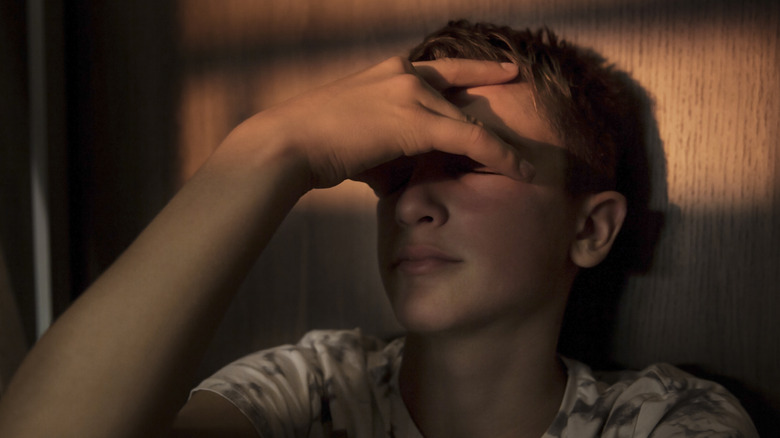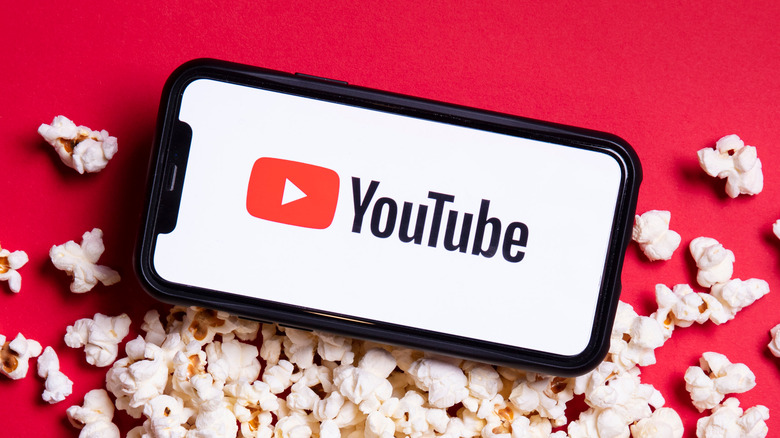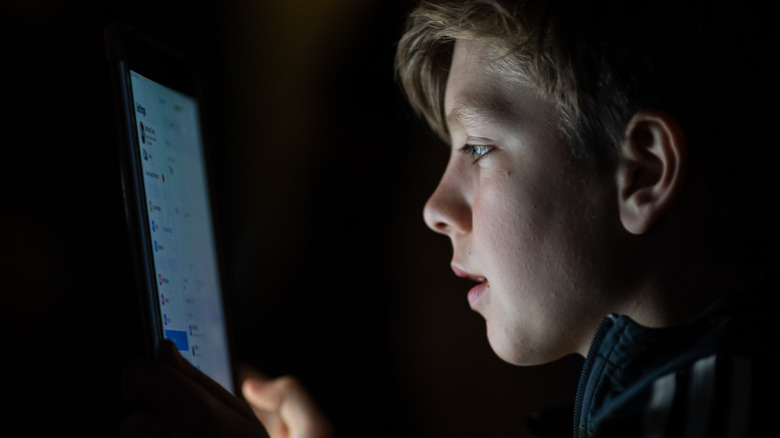Research Says YouTube Elevates Anxiety And Loneliness
Social media has repeatedly drawn the ire of lawmakers, activists, parents, and medical science experts for being problematic to its billions of its users across the globe. From seeding hazardous misinformation and enabling cyberbullying to pushing body image issues and locking in users with addictive algorithms, experts have flagged a whole universe of problems with these hyperactive online platforms. YouTube is no exception. Fresh research now claims that users who frequent YouTube exhibit higher levels of anxiety, depression, and loneliness.
Experts from the Australian Institute for Suicide Research and Prevention and the School of Applied Psychology at Griffith University conducted an in-depth assessment and concluded that users under 29 years of age, or those visiting the platform at a higher frequency, suffer the worst of YouTube's negative impact. Notably, the team behind the research cites how "parasocial relations" formed between YouTube creators and their audience are hurting the latter, despite starting with the best intentions.
The team cites the example of the #StayHome #WithMe Movement (SHWM) that gained traction during the peak of the COVID-19 pandemic, when a lot of people were struggling with loneliness and coping with a stay-at-home lifestyle. Even though it served as a psychological protective factor, it also comes with the risk of diminishing real face-to-face human interactions. But it's not just users that need to "fix" their relationship with the video-watching platform.
Platform pitfalls and parasocial bonds
The team says that YouTube needs to do more, especially when it comes to handling content as sensitive as videos dealing with suicide help and prevention. One key proposal is that the algorithm should be fine-tuned so that it doesn't recommend such content for suggested viewing, because that can bring users into a "rabbit hole" of disturbing content. Another suggestion is that AI-based tools should be deployed for monitoring and timely intervention so that YouTube content doesn't end up exacerbating loneliness and anxiety issues for users.
"The disconnection resulting from increased social media use is reportedly linked to a lack of deep human relationships and social connections, especially in young people," says the research published in the Informatics journal. Experts behind the research suggest that instead of relying deeply on online content, or creators for support, users should seek real social interactions for mental health support and to combat their loneliness.
The researchers propose the creation, or at least concept testing, of "independent-of-YouTube algorithms aim to detect recommendation bias and errors as well as moderate interventions through recommending safe and appropriate mental health content." This independent algorithmic protocol must be created with assistance from mental health experts so that potentially at-risk users are directed to appropriate mental health and wellness content, with the right kind of resources in tow for them to seek real support.
Not the first terrible tango for YouTube
Notably, turning to YouTube for mental or physical health advice isn't the best idea, and the same has been said in multiple academic papers. Research published in March in the PLOS journal established that poor mental health, eating disorders, and body image issues are linked to usage patterns on social media platforms, including YouTube. According to a parental survey conducted by The On Our Sleeves Movement For Children's Mental Health, parents of children under 18 feel that their ward's mental health suffered due to social media.
In September 2022, research from the American College of Cardiology reported that a large number of YouTube videos depicting something as critically important as an Implantable cardioverter defibrillator(ICD) was of poor quality based on established medical standards. A month prior to that, the American College of Allergy, Asthma, and Immunology announced in a research paper that nearly a third of YouTube videos covering hay fever offered misleading information, and over half of the test pool offered inaccurate details about allergic rhinitis. Another paper published in the Plastic and Reconstructive Surgery journal highlighted the problem of Youtube videos offering poor-quality information about cosmetic injectables.
While platforms like YouTube need to improve, the general expert consensus is that users need to be educated about spotting reliable information and must rethink their social media relationships, as well. There are, of course, positives on the YouTube side, but letting it take over as an authority isn't the best way forward.


